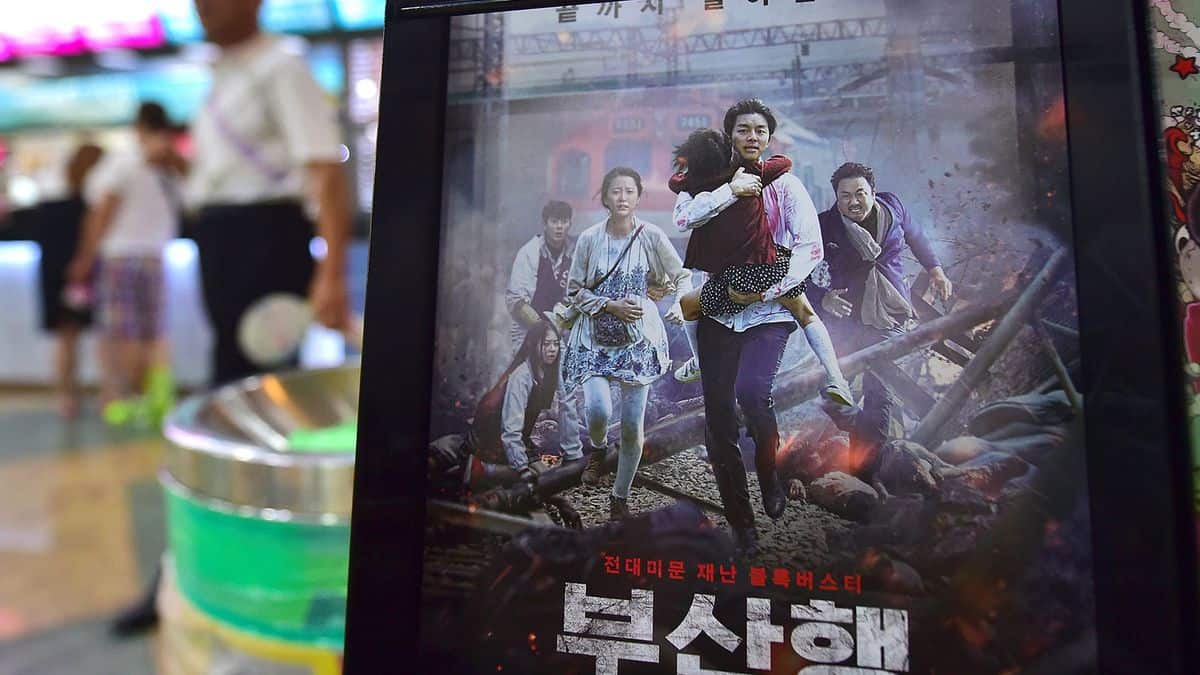Most people realise that “cultural appropriation” generally refers to others’ exploitative exploitation of ethnic and minority traditions. We’ve seen non-Black people with cornrows. Or celebrities like Olivia Rodrigo and Awkwafina employ what they believe to be AAVE — accents and dialects of Black cultures, such as Jamaican accents – to demonstrate their coolness inside their own cliques and among Black people.
The phrase might refer to specific delicacies, a dancing style, or the commemoration of a religious feast. Whatever it is, the unifying feature that moves a cultural artifact’s adoption from ordinary admiration to appropriation is the failure to recognise and even erase its roots – all while applauding its “new” form as desirable. Consider how Black people are still humiliated and stigmatised for our haircuts, whereas Bo Derek or a Kardashian is celebrated for wearing the same trends.
Television and movies, like clothing and musical forms like Afrobeats, may be appropriated. What does the phrase “cultural media appropriation” mean to you? I believe it may be used to describe how American studios and networks have acquired South Korean and other East Asian programming to modify for US consumers.
Instead, I’m talking to how Hollywood appears to be making a determined effort to focus on South Korean – as well as Japanese – content, with the express intention of reworking the storylines to appeal to American, i.e., white, audiences. I say “white audiences” because it’s impossible to deny that white people’s experiences take primacy onscreen in Hollywood, from casting and language to plots and even costume.
I’ve been watching this trend for years, beginning with “Infernal Affairs,” a 2002 Hong Kong crime thriller produced by Andrew Lau and Alan Mak about a detective (Tony Leung) who goes deep underground in an iconic Hong Kong triad lead by a brutal criminal (Lau), who in turn infiltrates the police. The film became an international success, grossing about $9 million worldwide, garnering widespread critical acclaim for its deep character work, and even generating two sequels to form a trilogy.
Its global acclaim didn’t stop there. The award-winning 2006 film “The Departed” by Martin Scorsese is a reworking of “Infernal Affairs,” featuring Matt Damon and Leonardo DiCaprio as undercover moles. Despite its obvious origins, there was no mention of “Infernal Affairs” or its authors’ efforts throughout the various “Departed” Oscar victory speeches.







